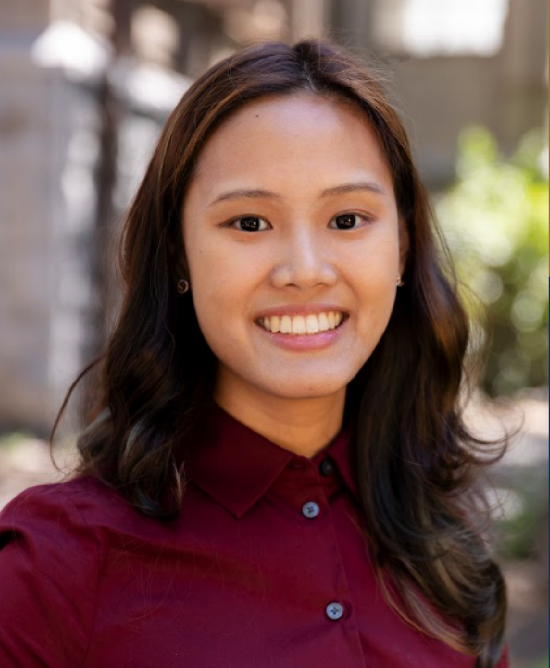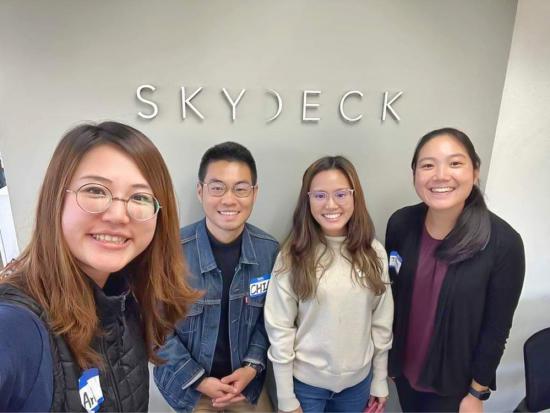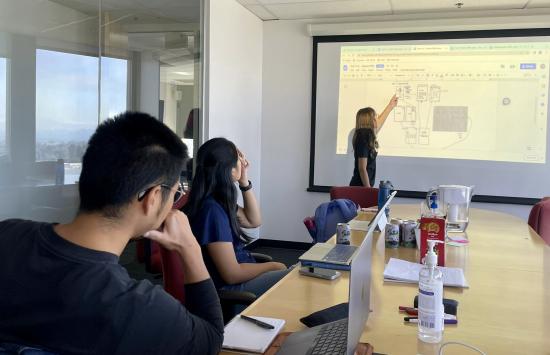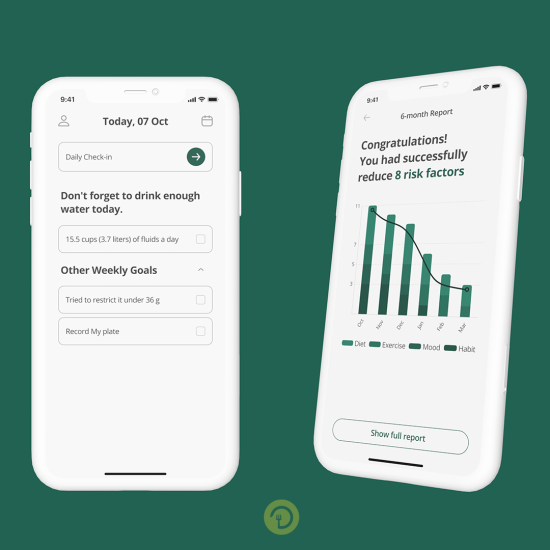First year Master of Information Management and Systems student Midori Pierce has many interests. With four associate degrees prior to transferring to UC Berkeley as an undergraduate and traveling the world as a military spouse, she has always embraced change.
Upon entering Berkeley, she made the decision to pursue data science — a major she had only recently heard of at the time — as an intersection of her prior studies in mathematics, chemistry, behavioral science, and art/visual studies. “Data science is a tool that you can use in any domain,” she explained.
It wouldn’t be long, however, before she set her sights elsewhere: entrepreneurship. Inspired by the innovative work she saw taking place at the Sutardja Center For Entrepreneurship and Technology (SCET), Midori began looking into start-ups, hoping to put her technical skills to work.
Enter: the start-up ‘Diaita’ and its co-founder Ariel Ho. Hailing from Taiwan, dietician Ariel came to Berkeley to begin Diaita, a digital health intervention designed to prevent chronic illness in users, currently focusing on Type II diabetes. She recruited two co-founders Midori and Tiffany Luo, a Ph.D. student at UC Berkeley in the School of Social Welfare, to focus on creating digital health solutions for medically underserved populations in integrated behavioral health care settings. Ariel then recruited business developer Meng-Chia Chiang from Berkeley Haas Global Diploma Program in Entrepreneurship and Innovation to help build the business outwards. Currently, Midori serves as the product lead, facilitating conversations between board members, engineers, and designers on the team to create the product.
“I talk to the I School professors a lot about how to do something faster…and the classes I am taking right now help with the start-up, and the start-up helps me learn the material from my classes,” Midori shared.
Using concepts in psychology and behavioral science, the team aims to provide personalized, culturally responsive, and inclusive dietary and physical activity advice and content to help individuals achieve their personal health goals and decrease their risk of Type 2 diabetes and other chronic diseases over the course of six months. Taking into account previous and current health conditions, the application will focus on diet and exercise in detail to create simple and effective regimens.
Despite still being in the early stages of development, the start-up has had success among incubator programs. They were recently accepted to the prestigious National Science Foundation’s National Innovation Corps (I-Corps) program and UC Berkeley’s own SkyDeck and Health Tech CoLab. Each program hones in on a separate aspect of entrepreneurship, whether it be SkyDeck’s focus on business-building, I-Corps’s specialization in academic research, or CoLab’s accessibility concentration.
Midori is sure that these incubator programs will help the team create a well-rounded company, but is particularly intrigued by Health Tech CoLab and the concept of accessibility. “Accessibility is something everyone talks about, but no one tells you how to do it and make sure you’re doing it right,” she said as she ruminated on user experience testing and the design process.
Midori is also concerned about improving design and accessibility while accounting for cultural differences, an issue that has been front of mind for the team. “In some cultures, red is good. For others, green is good. If red and green are confusing, should we use blue? Simple design decisions can have a big impact,” Midori added.
The beta of the application is expected to be finished in early 2023 and the team is looking forward to continuing to fine-tune the product afterward. They hope to begin an official company with the help of SkyDeck and apply for Y Combinator, one of the most prestigious accelerator programs in the world, in June.
With a great head start, the Diaita team is well on its way to making a splash in the healthcare industry and in their own communities.













